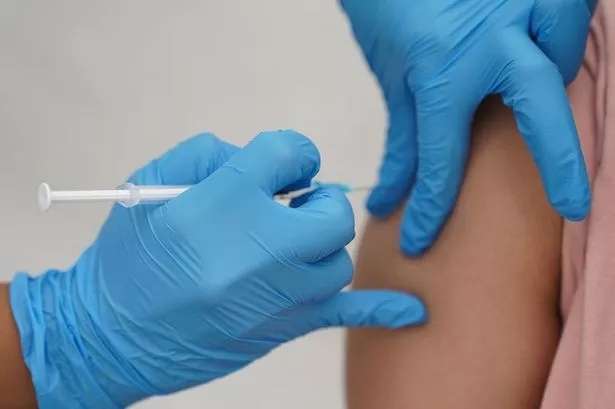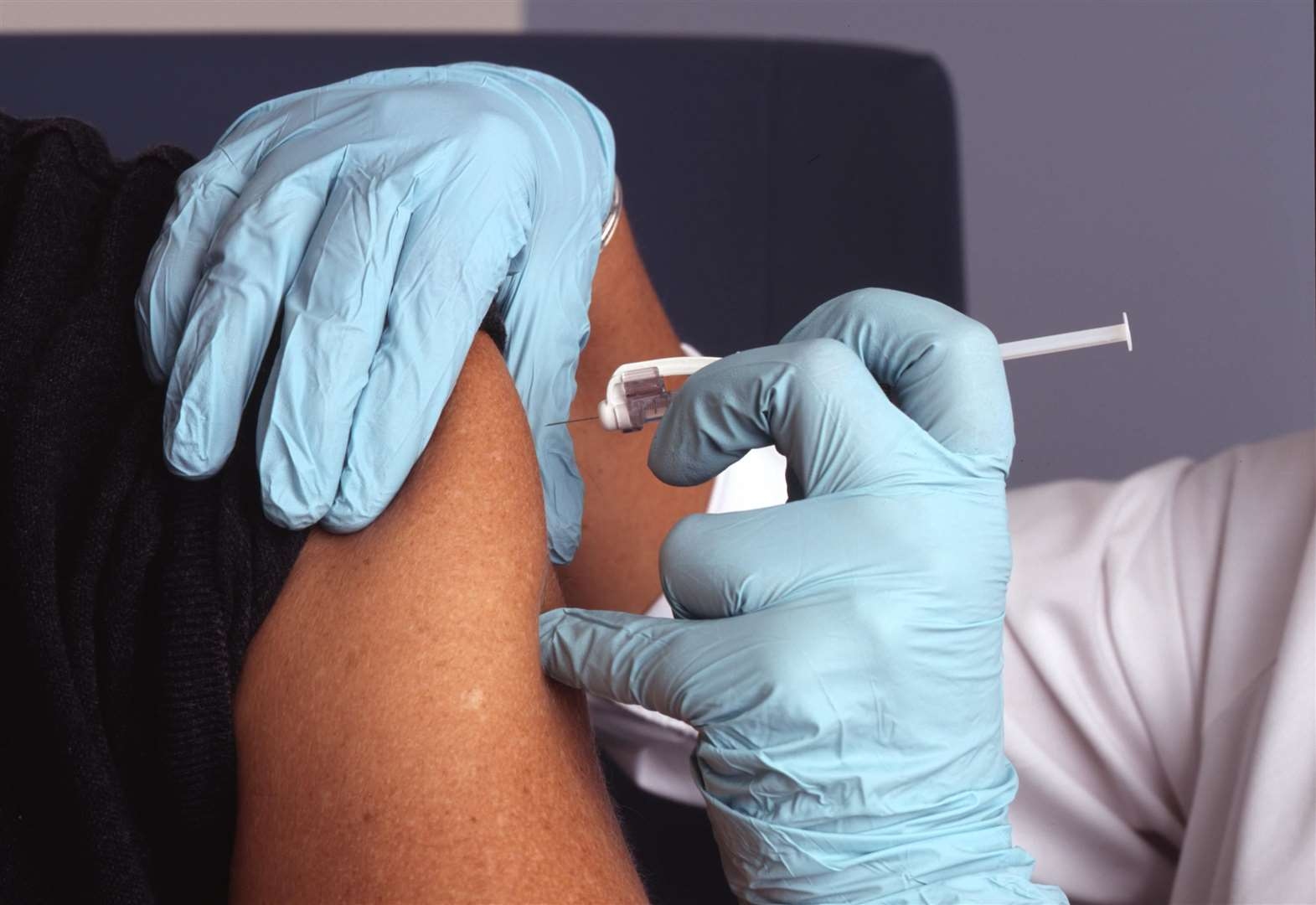Comments
- No comments found

Cocaine addiction is a pervasive and devastating problem that affects millions of people around the world.
The drug's highly addictive nature, coupled with its powerful effects on the brain's reward system, makes overcoming addiction a challenging task. In Brazil, where cocaine consumption ranks second globally, scientists at the Federal University of Minas Gerais have developed an innovative new treatment for cocaine addiction – the "Calixcoca" vaccine. This groundbreaking vaccine offers hope to those struggling with cocaine and crack addiction, as it triggers an immune response that prevents these drugs from reaching the brain. In this article, we will explore the development, mechanism, potential impact, and challenges of the Calixcoca vaccine in the context of addiction treatment.

The Calixcoca vaccine is a promising development in the field of addiction treatment. It offers a unique approach to tackling cocaine and crack addiction, which often leads to devastating consequences for individuals and their families. The vaccine's development marks a significant milestone in the battle against substance abuse, particularly in regions with high rates of cocaine consumption.
The Calixcoca vaccine operates by stimulating the patient's immune system to produce antibodies that specifically bind to cocaine molecules in the bloodstream. These antibodies effectively block the drug from passing into the brain's mesolimbic system, often referred to as the "reward center." This brain region plays a crucial role in addiction, as it is responsible for releasing dopamine, a neurotransmitter associated with pleasure and reinforcement.
When cocaine reaches the brain's reward center, it triggers a surge of dopamine, creating intense feelings of euphoria. This pleasurable sensation reinforces drug use and contributes to addiction. The Calixcoca vaccine's ability to prevent cocaine from entering the brain disrupts this cycle of reward and pleasure, making it difficult for addicts to experience the desired high. As a result, the vaccine aims to help individuals break the cycle of addiction.
Before proceeding to human trials, the Calixcoca vaccine underwent rigorous testing on animals. These trials have yielded promising results, demonstrating the vaccine's effectiveness in producing significant levels of antibodies against cocaine. Moreover, the vaccine exhibited few side effects during animal testing, highlighting its safety profile.
Notably, the vaccine also demonstrated the potential to protect rat fetuses from the harmful effects of cocaine. This discovery suggests that the vaccine may have the additional benefit of safeguarding the unborn babies of pregnant addicts who receive the treatment.
The Calixcoca vaccine's journey has now entered a critical phase – human clinical trials. Researchers are eager to assess the vaccine's efficacy and safety in humans, a significant step in the path towards regulatory approval.
These trials will play a pivotal role in determining the vaccine's effectiveness in real-world addiction treatment scenarios. If successful, Calixcoca could potentially reshape the landscape of addiction treatment and provide a new tool to aid individuals at critical stages of recovery. This includes those transitioning from rehabilitation programs, a vulnerable time when relapse risk is high.
Cocaine addiction is a complex and challenging problem that currently lacks a specific registered treatment. Current approaches to addiction treatment often involve a combination of psychological counseling, social assistance, and rehabilitation, as needed. While these methods have helped some individuals, many addicts struggle to achieve long-term recovery.
The introduction of the Calixcoca vaccine addresses a significant gap in addiction treatment by offering a new approach. It holds the potential to complement existing strategies and provide an additional layer of support to those who have struggled with cocaine and crack addiction.
It's important to recognize that the Calixcoca vaccine, while promising, is not a universal solution for all individuals struggling with cocaine addiction. Clinical trials will determine the specific target group for the vaccine. Ideally, it will be administered to recovering addicts who have already overcome their addiction and are committed to staying clean.
The vaccine's focus on aiding recovering addicts is a strategic choice. It aims to address a troubling statistic reported by the U.S. National Institute on Drug Abuse, which states that one in four regular cocaine users becomes addicted. Furthermore, only one in four addicts manages to maintain long-term abstinence even after five years of treatment.
The high level of anticipation surrounding the Calixcoca vaccine reflects the urgency of finding effective solutions for cocaine addiction. Over 3,000 people have expressed interest in participating in the clinical trials, emphasizing the pressing need for innovative approaches to tackle this pervasive issue.

While the Calixcoca vaccine offers immense promise, it is not without its challenges. The success of the vaccine in human clinical trials will be a critical determinant of its effectiveness and safety. Regulatory approval, manufacturing, and distribution processes will also need to be addressed.
Furthermore, the vaccine's long-term impact on addiction recovery and its ability to prevent relapse require continued observation. Addiction is a complex issue influenced by various factors, and the vaccine is just one piece of the puzzle.
In conclusion, the development of the Calixcoca vaccine represents a significant step forward in the treatment of cocaine and crack addiction. It offers a unique approach by targeting the physiological effects of these drugs on the brain. While challenges and uncertainties remain, the vaccine provides hope for those who have struggled with addiction and the healthcare professionals dedicated to supporting their recovery. The clinical trials and future research will shed more light on the vaccine's role in addiction treatment and its potential to change lives for the better.
The Calixcoca vaccine's development and its potential impact on addiction treatment are explored, providing insights into the challenges and opportunities it presents. This groundbreaking vaccine offers hope to those struggling with cocaine and crack addiction, as it triggers an immune response that prevents these drugs from reaching the brain. In this article, we have examined the development, mechanism, potential impact, and challenges of the Calixcoca vaccine in the context of addiction treatment.
Leave your comments
Post comment as a guest